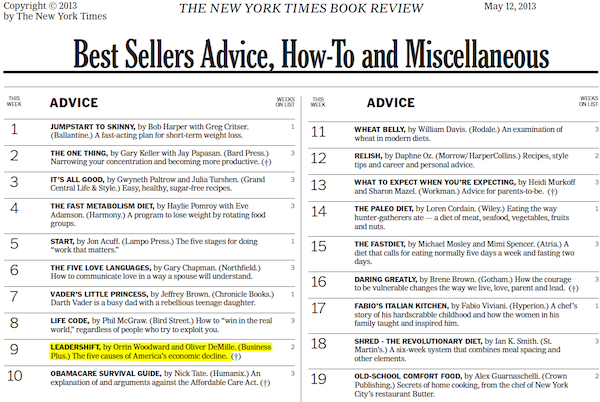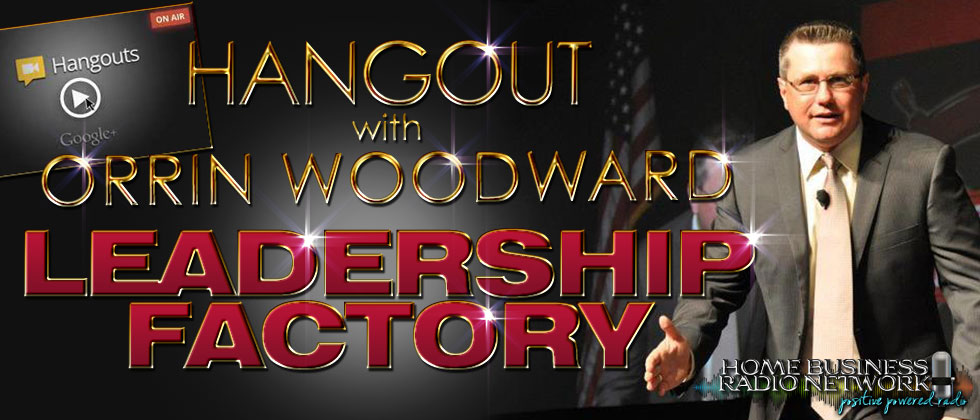Here is an introduction to a book coming out on mentoring. Mentoring is so important to the growth of any organization and LIFE would not be creating the LeaderShift if it wasn’t for great mentors and mentees throughout the community. Yesterday, I learned that LeaderShift cracked the top 10 on the NY Times bestseller list and making the list for the second consecutive week. Onward and upward.
Sincerely,
Great Mentoring
Great leaders are first great students. Indeed, if if a person is too big to follow then he is too small to lead. Good mentoring wisdom lives on in the students long after the mentor is gone. For instance, Socrates mentored Plato who then mentored Aristotle who then mentored Alexander the Great! Clearly, the wisdom, belief, and encouragement from a mentor to a mentee can literally change world history.
A good mentor is someone who has successfully journeyed down a similar trail as his mentee. In fact, it is the mentor’s experience and wisdom from his journey that makes his time so valuable to the student. Newton once said, “If I have seen further, it’s because I have stood on the shoulders of giants.” In essence, everyone, in his or her field, stands upon the shoulders of giants because there is no such thing as a self-made person. The only real question is whose shoulders will a person stand upon? In other words, what results do they have in the readers area of interest? Bestselling author Tim Marks elaborated on this thought, stating, “Define what you want, learn from someone who has gone before you, and then do it for the glory of God.”
However, once a person finds a mentor, he must prove himself worthy of the mentor’s investment. In my opinion, the best leadership line from any movie is when William Wallace spoke to his calvary leader, saying, “Do it and let them see you do it.” Likewise, mentees should listen, learn, and apply any advice offered by proven mentors. Mentoring isn’t psychological counseling, where people talk for hours about their past. Rather, it’s a plan of action in the present to change one’s future. A good mentor helps develop a plan for the mentee to implement. Then, when the mentee has completed the task or at least did everything humanly possible while failing on the battlefield, they gather again to PDCA (see resolutions 5 & 6 in my RESOLVED book) the good, the bad, and the ugly.
Interestingly, without the mentee’s application, the mentoring process is practically worthless. The sobering statement, “When all is said and done, much more is said than is ever done,” drives the mentee to apply the mentor’s advice before meeting again. Personally, I imagine how much it would cost to buy a top leader’s time and then ensure that my efforts go above and beyond his expectations to validate the investment of his non-renewable resource – his time. Mentees must do what they know and in the process they will gain more time from mentors and learn even more to do even more.
The best mentors refuse to give away this precious resource; therefore, when before agreeing to mentor, they ensure the student is hungry and driven. Probably the best way to explain this is through sharing a personal experience. When I was a young man, my siblings and I would spend a month at my grandfathers farm in northern Michigan. One of the task my grandpa taught me was how to milk a cow. Although not particularly excited about this assignment, I did what I was told. After filling up a bucket of milk and setting it to the side, I noticed that the cream consistently coagulated on the surface. In fact, I noticed the same phenomena repeated everyday I milked the cow.
Similarly, leaders, like cream, rise in any organization. A mentors role is to ensure he has enough buckets of milk so he can choose from many worthy cream candidates for mentoring. In truth, I am not nearly as good a mentor as my good students makes me look; conversely, I am not nearly as bad a mentor as my bad students make me look either. It is the students hunger and drive that makes all the difference, mainly because, since the mentor has already applied the advice he is giving the mentee in his own life, it is now up to the mentee to apply it in his life to gain the same results. The only remaining question is: will the mentee apply the advice he has been given?












